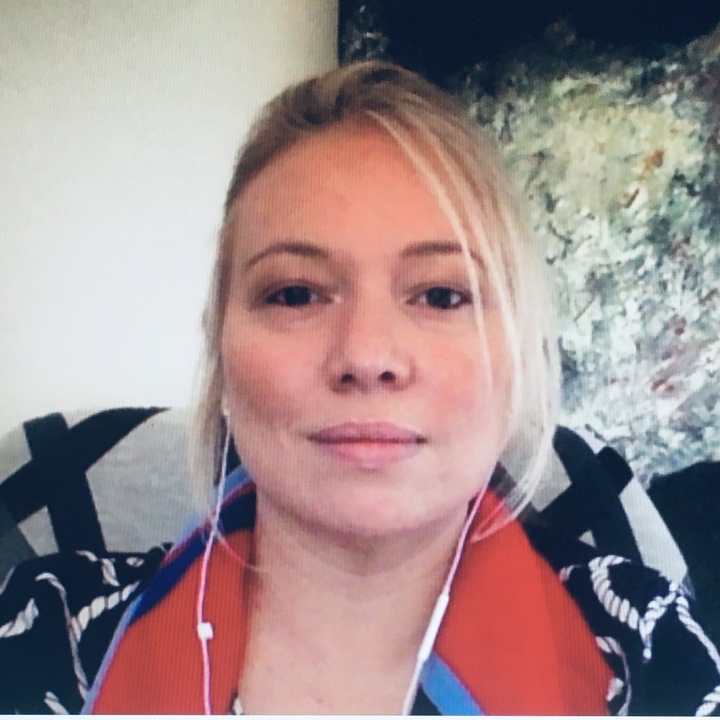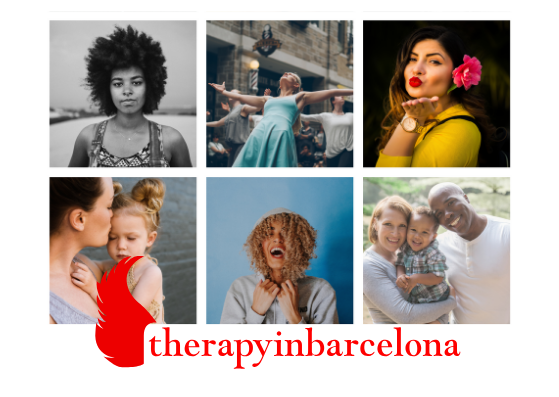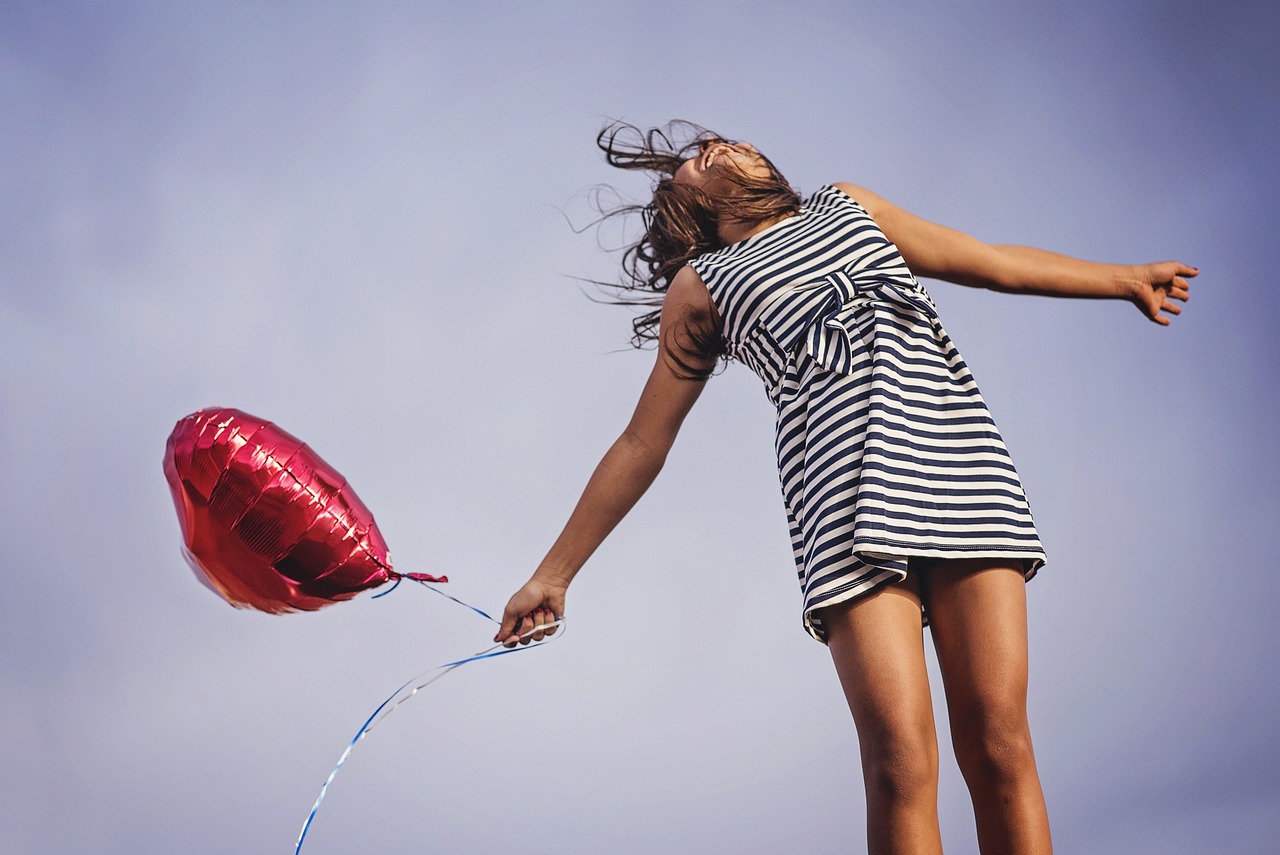Adapted from the APS Tip Sheet
The ever-changing landscape of the COVID-19 pandemic has resulted in many people experiencing heightened levels of anxiety, increased depression and concern that this state of constant change has become our new normal. This information sheet highlights some strategies to help you cope with change, deal with uncertainty and boost your resilience as we look to a future beyond the COVID-19 crisis.
People all around the world have experienced a fundamental shift to their way of life due to the coronavirus (COVID-19). For many in Barcelona, this has meant adapting to a range of challenges including working from home, remote learning, social distancing and wearing face masks when out of their home.
While infection rates started to decrease, and restrictions begin to ease, there is always the possibility we may have re-enter lockdown as we continue to experience a high number of daily cases. Below are some strategies to help you manage stress and cope with change during this challenging time.
Be aware of what you can (and can’t) control
COVID-19 has resulted in significant changes to the way people live, work and socialise. For most people these changes have resulted from factors outside of their control (e.g., government imposed restrictions), which has led to feelings of uncertainty about a range of issues, including financial security, employment, relationships, and their physical and mental health. Feelings of uncertainty can cause us to feel stressed and anxious. Rather than dwelling on things outside of your control, increase your sense of security and stability by focusing on what you can do to improve your situation. Strategies you may have used at the beginning of the pandemic to manage your stress and anxiety will continue to be of benefit. These include:
- Taking reasonable precautions to prevent transmission, for example, practise good hand hygiene, keep 1.5 meters apart from others where possible, wear a face mask, get tested as soon as you develop any symptoms, and stay at home if unwell.
- Keeping up-to-date with factual information about COVID-19 from reliable sources such as the Government’s health alert or updates from other trusted organisations such as the World Health Organization.
- Limit your media exposure so you are able to stay informed but not alarmed. Recognise when you are feeling vulnerable or overwhelmed and limit your exposure to the news at these times.
- Practise self-care to help develop a positive frame of mind. This may involve keeping in regular contact with family and friends (e.g., via telephone or videoconference), maintaining a balanced and healthy lifestyle, and/or practising relaxation, meditation or mindfulness.
Reframe your thoughts
It is easy to focus on the negatives when change is forced upon you and many decisions are out of your control. It is important, however, that you challenge these negative thoughts and develop more helpful and constructive ways of thinking.
Examples of negative thoughts people may experience as a result of our changed circumstances include:
- Wearing a face mask is uncomfortable and inconvenient: Depending on where you live, face masks may be mandatory when leaving home, including when in the workplace. Rather than focusing on the mask being a bother, try and think of it as a barrier against the virus that is helping prevent the spread and stopping you from getting sick.
- I will never be able to travel again: Due to travel restrictions, most people will be unable to travel overseas (or even interstate) for the foreseeable future. Rather than thinking about where you can’t go, think about all of your local travel options and see it as a way of boosting the local economy.
- Working from home is difficult and complicated: Given the current need to practise social (physical) distancing, many people are encouraged (or required) to work from home where possible. While this may present some challenges, try and see it as an opportunity to reduce travel time, spend quality time with the people or pets you live with, and a chance to re-engage with hobbies you enjoy.
Problem-solve
COVID-19 has no end-date and it may be something we have to learn to live with until a vaccine and/or treatment is developed. Problem-solving techniques can help us work through the ongoing challenges we face as part of our ‘new normal’. Structured problem-solving involves identifying the problem, developing a range of potential solutions and selecting one that is consistent with your personal values and needs. For example, you may be concerned about some of the following issues:
- Staying connected with friends and family: Current recommendations advise practising social distancing in order to prevent or slow the spread of COVID-19. It is important to realise, however, that social distancing does not mean social disconnection. If you are unable to see loved ones in person, find new ways to stay connected such as virtual catch-ups.
- Not being able to follow normal routines: Some restrictions may mean that you are unable to engage in activities you previously enjoyed, such as going to the gym or attending a sporting event. Get creative so you can continue to engage in these activities (e.g., enrol in online classes) and incorporate them into your weekly routine.
- Anxiety about life after lockdown: Returning to life after lockdown may bring a sense of relief but also a feeling of apprehension. People may worry about their risk of catching COVID-19 but also feel anxious about whether they will be able to go back to ‘normal’. Take your time readjusting to post-lockdown life and focus on rebuilding relationships. You may find it helpful to weigh up the pros and cons of reestablishing old routines such as catching public transport or eating in restaurants. The constantly evolving nature of COVID-19 also means you should be prepared for another phase of lockdown should the situation worsen.
Allow yourself to grieve the ‘old normal’
Many people are beginning to miss the pleasures of their old way of life and are grieving the loss of safety and predictability that has resulted from COVID-19. Grief is a natural reaction to loss or change of any kind and it is important to give yourself time to adjust to new routines and activities. Dealing with feelings of sadness and loss can make us feel like we are ‘on an emotional roller coaster’ which can cause our behaviour to be unpredictable. This can lead to tensions and conflicts with the people we live with and they may not know how to best support us. Being able to communicate honestly about how you are feeling and how you can support each other may reduce or avoid potential conflict. Remember, many people will be sharing a similar experience to you so don’t be afraid to share your feelings and be open to accepting help and support from others if needed.
Reach out to Therapy in Barcelona if you need support.
Read our other blogs about Covid:
COVID-19: Psychological Impact, Wellbeing and Mental Health
Tips for Couples At Home with Kids Due to Covid-19
Ideas for Staying Sane in Coronavirus Lockdown
Tips for Coping with Coronavirus Anxiety in Barcelona
Leigh Matthews is the Founder and Director of Therapy in Barcelona
Passionate about supporting the international community, Therapy in Barcelona’s international team of therapists work with adults, couples, children, adolescents and families ONLINE or IN OFFICE in Barcelona.




Great info Leigh! Thanks so much for sharing!